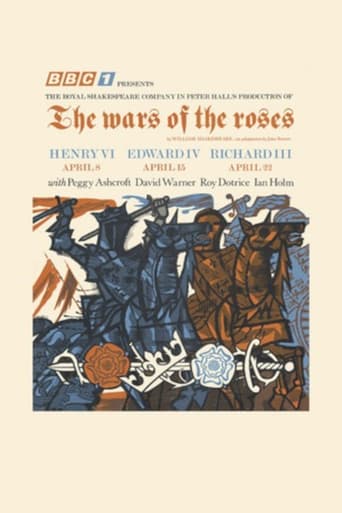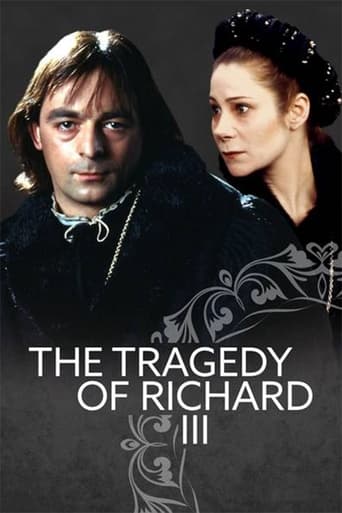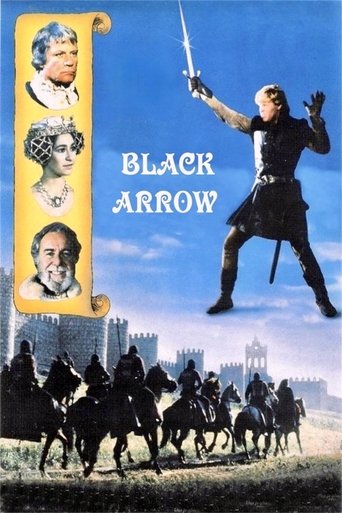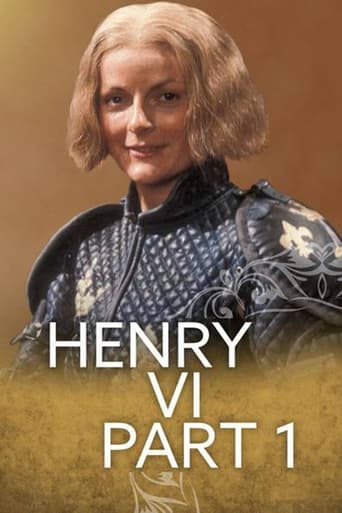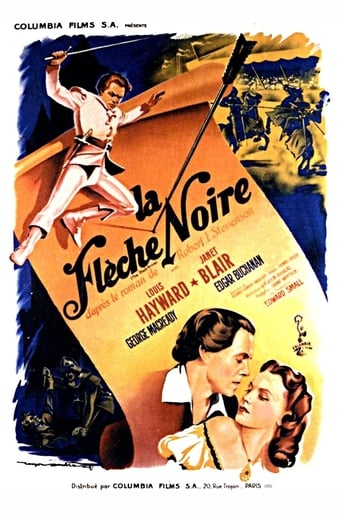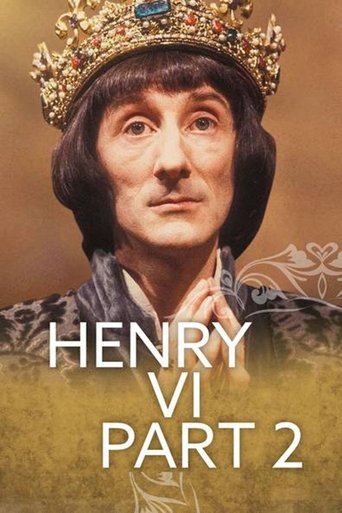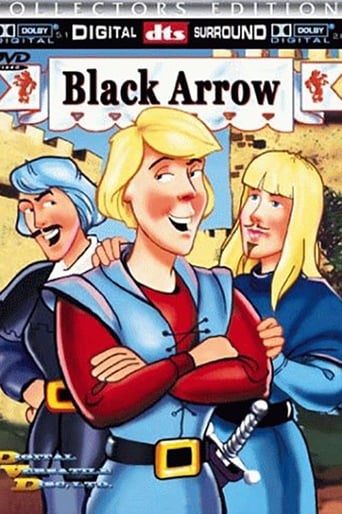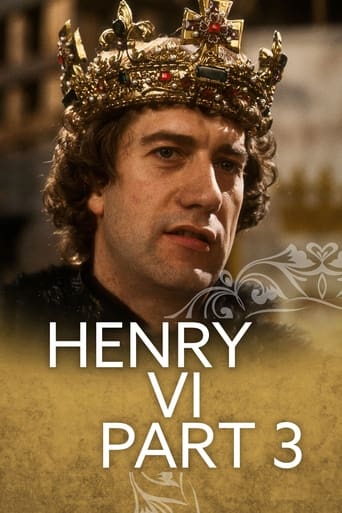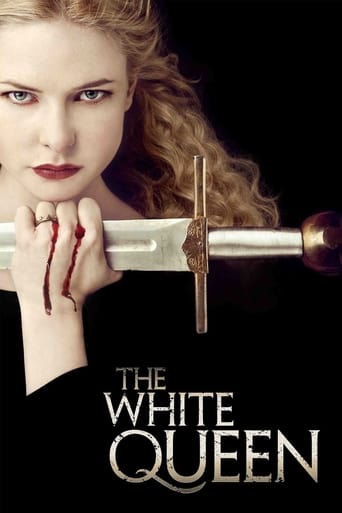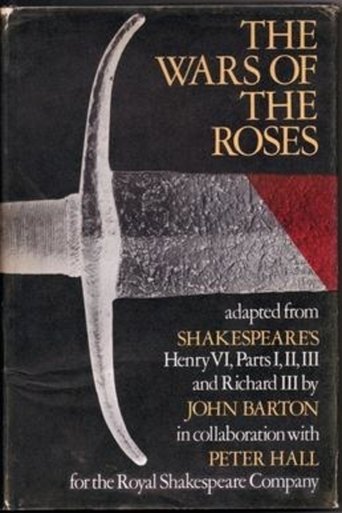Mot-clé War Of The Roses
Black Arrow 1985
Henry VI Part 1 1983
La Flèche Noire 1948
Richard Shelton découvre que son père a été assassiné par son tuteur. Fou de rage, il rejoint les rangs des hors-la-loi de la Flèche noire pour accomplir sa vengeance et sauver Jeanne Sedley, l'élue de son cœur.
Henry VI Part 2 1983
La Flèche noire 1988
L'histoire se déroule au XVe siècle en Angleterre pendant la période troublée de la Guerre des Deux-Roses. Le jeune héros, Richard « Dick » Shelton, découvre que le responsable du meurtre de son père n'est autre que son tuteur, Sir Daniel Brackley. Il rejoint les rangs des hors-la-loi de la Flèche noire au sein de la forêt de Tunstall pour accomplir sa vengeance et sauver Jeanne Sedley, l'élue de son cœur que Sir Daniel veut marier à un autre. À l'issue de bien des péripéties, il sera fait chevalier par celui appelé à devenir Richard I d'Angleterre et verra l'assassin de son père subir un châtiment mérité, avant de convoler en justes noces avec sa bien-aimée.
Henry VI Part 3 1983
The White Queen 2013
Set against the backdrop of the Wars of the Roses, the series is the story of the women caught up in the protracted conflict for the throne of England.
The Wars of the Roses 1966
The Wars of the Roses was a 1963 theatrical adaptation of William Shakespeare's first historical tetralogy (1 Henry VI, 2 Henry VI, 3 Henry VI & Richard III), which deals with the conflict between the House of Lancaster & the House of York over the throne of England, a conflict known as the Wars of the Roses. The plays were adapted by John Barton, and directed by Barton himself & Peter Hall at the Royal Shakespeare Theatre. The plays were heavily politicized, with Barton and Hall allowing numerous contemporaneous events of the early 1960s to inform their adaptation. The production was a huge critical & commercial success, and is generally regarded as revitalizing the reputation of the Henry VI plays in the modern theatre. Many critics feel The Wars of the Roses set a standard for future productions of the tetralogy which has yet to be surpassed. The 1965 broadcast was so successful that they were shown again, as 11 episodes, each 50 minutes long, in 1966.
